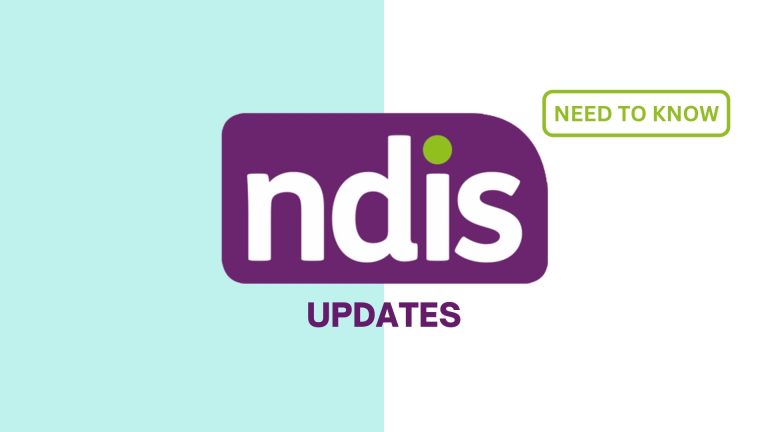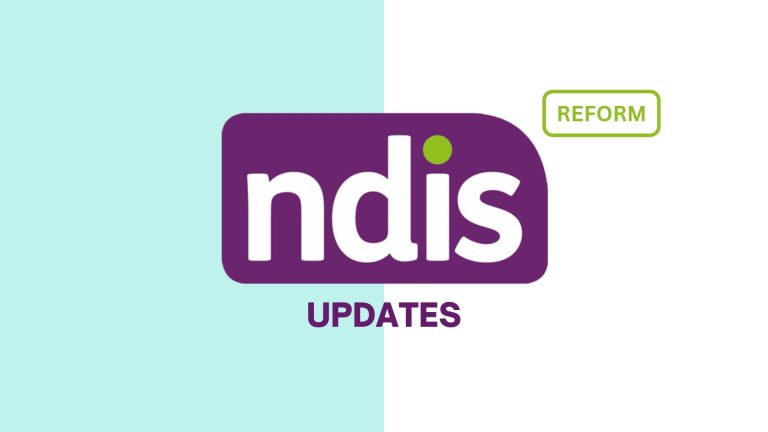
Late talkers, those children who demonstrate a delay in their language development, may spark concern among parents. Recognizing a child isn’t meeting the typical language milestones for their age can be anxiety-inducing, and parents may worry about how this will impact their child’s communication and future social interactions. It’s important to remember that every child develops at their own pace, and there’s no one-size-fits-all timeline for language acquisition. However, seeking professional guidance can provide valuable reassurance and a clear path forward.
Thankfully, speech pathology offers a powerful avenue to help these children accelerate their language acquisition and bridge the gap with their peers. When initiated at the right time, speech therapy can act as a catalyst for significant language growth, empowering children to overcome challenges and build confidence in their communication abilities. The adage ‘the earlier, the better’ holds especially true in this context, making early intervention a crucial factor in maximising a late talker’s progress.
Understanding Late Talkers
The term “late talkers” is used to describe children who are lagging behind their peers in language development. These children might have a limited vocabulary for their age or struggle to formulate coherent sentences. However, it’s important to understand that being a late talker doesn’t automatically translate into a speech or language disorder. Some children simply need a bit more time to blossom linguistically, and they may catch up without any professional assistance.
Nonetheless, there are specific signs that may warrant a closer look. Some of these warning signs could include:
- Not using any words by 16 months of age.
- Not combining two words by 2 years of age.
- Having difficulty with certain sounds or words.
- Struggling to understand simple instructions.
- Showing frustration when trying to communicate.
However, every child develops at their own pace, and these are just general guidelines. If you have any concerns about your child’s language development, it’s always best to consult with a healthcare professional or a speech pathologist.

How Speech Therapy Helps Late Talkers
Speech therapy, provided by a qualified speech pathologist, serves as a tailored intervention to enhance the language skills of late talkers. This specialised therapy empowers children to acquire language skills at an accelerated pace, helping them keep up with or even catch up to their peers. By bolstering their communication abilities, speech therapy can significantly impact their present and future interactions, enabling them to express themselves effectively and confidently engage with the world around them.
Speech therapy for late talkers employs a diverse toolkit of strategies. These can include:
- Play-based therapy: Children learn language skills through engaging and interactive play activities.
- Structured therapy: Children practise specific speech and language tasks in a more formal setting.
- Articulation therapy: Children work on producing specific sounds correctly.
- Language comprehension therapy: Children develop their understanding of language and vocabulary.
- Expressive language therapy: Children learn to express themselves using words and sentences.
The choice of techniques is meticulously customised to address each child’s unique needs and learning style, maximising the efficacy of the therapy process.
When & How to Seek Help for Late Talkers
If you’re worried about your child’s language development, it’s never too early to seek help. Even if your child is just a little behind, getting help early can make a big difference as with language development issues, early intervention is key. If you hold any concerns about your child’s language development, don’t hesitate to seek guidance. Even a slight delay warrants attention, as addressing it proactively can preempt potential challenges and facilitate smoother progress.
The journey often starts with a visit to your child’s paediatrician. They can conduct an initial assessment and offer insights into whether your child might benefit from speech therapy. If so, the next step is to connect with a speech pathologist with expertise in working with late talkers. During this process, don’t shy away from asking questions about their therapeutic approach and what you can realistically expect from the therapy sessions. A transparent dialogue with the therapist ensures you are well-informed and actively involved in your child’s language development journey.
If you need support during this process, don’t hesitate to speak with our team of speech pathologists. Our team can provide the guidance and assistance to help get your child on the right track. Reach out if you need assistance navigating the path to helping your child’s language development.
- Clinic Location: Robina
2/201 Ron Penhaligon Way, Robina, 4226
Gold Coast, Queensland
Early intervention holds the power to make a world of difference for late talkers. If you observe a lag in your child’s language development, don’t hesitate to seek support. Speech therapy offers a beacon of hope, helping children find their voice and connect with the world in a more meaningful way. Remember, every child is unique, and some simply require additional support to unlock their full communicative potential. By taking proactive steps today, you’re paving the way for a brighter, more expressive tomorrow for your child.





